Explore Our Loan Programs
Dreaming of a new home? Let's make it happen. We believe every journey is unique, from a first-time homebuyer's excitement to a seasoned investor's next big move. Discover the perfect loan solution with a partner who understands your vision












Conventional Loan
FHA Loan
Bridge Loan
Hard Money Loan
VA Loan
Non-QM Loan
A hard money loan: It is often used by real estate investors, house flippers, or developers who need fast access to capital and may not qualify for conventional loans. here are the key Features:
Collateral-Based: Approval is based on the value of the property, not the borrower’s credit score or income.
Fast Funding: Loans can close in days, making them ideal for time-sensitive deals.
Short-Term: Typical loan terms range from 6 to 18 months, though some may go up to 3 years.
High Interest Rates: Rates often range from 10% to 18%, reflecting the higher risk.
Lower Loan-to-Value (LTV): Borrowers may need to put down 20% to 35% of the property’s value
A bridge loan: It is a short-term financing tool designed to “bridge” the gap between two financial transactions—most commonly used in real estate when someone needs to buy a new property before selling their current one. Here are the Key Features:
Short-Term Duration: Bridge loans typically last from 3 to 12 months.
Collateral Required: Usually secured by collateral, most often the property being bought sold, or both.
Higher Interest Rates: Interest rates are often around 2% or more above prime rates.
Repayment Terms: Some bridge loans require monthly (often interest-only) payments; others lump-sum repayment at the end, such as after the sale of the original property.
VA Loan: It is designed to provide significant benefits to eligible veterans, active-duty service members, and certain surviving spouses. Here are the key features:
No Down Payment Required: VA loans usually allow eligible borrowers to purchase a home without any down payment.
No Private Mortgage Insurance (PMI): Unlike conventional and FHA loans, VA loans do not require PMI, which can save borrowers hundreds of dollars per month.
Lower Interest Rates: VA loans often have lower interest rates than conventional loans.
More Lenient Credit and Debt-to-Income Requirements: VA loans are generally more flexible with credit and allow higher debt-to-income ratios than typical conventional loans.
Limited Closing Costs: The VA limits the amount lenders can charge borrowers for closing costs, and sellers are allowed to pay some or all of these costs.
Credit Score: Borrowers typically need a minimum credit score of 620 to qualify.
Down Payment: The minimum down payment is usually 3% for fixed-rate loans, but if the down payment is less than 20%, PMI is required until the borrower reaches 20% equity.
Income and Employment: Proof of stable employment and income is required, typically via pay stubs, W-2s, tax returns, and bank statements.
Credit Score: The minimum credit score to qualify is generally 580 for a low down payment of 3.5%. Borrowers with credit scores between 500 and 579 must put down at least 10%.
Down Payment: A minimum down payment of 3.5% of the purchase price for borrowers with credit scores 580 or higher; 10% down payment if credit score is between 500 and 579.
Income and Employment:: Proof of steady employment and consistent income, normally with at least two years in the same job or field.
Credit Score Requirements: Most Non-QM lenders require credit scores typically from 620 to 640, though some may accept scores as low as 580 under specialized programs.
Down Payment: generally range from 10% to 20%,
Income and Employment: Support for Self-Employed, Freelancers, and Gig Economy Workers: These groups often lack standard income documentation but have the ability to repay loans, which non-QM lenders recognize.
